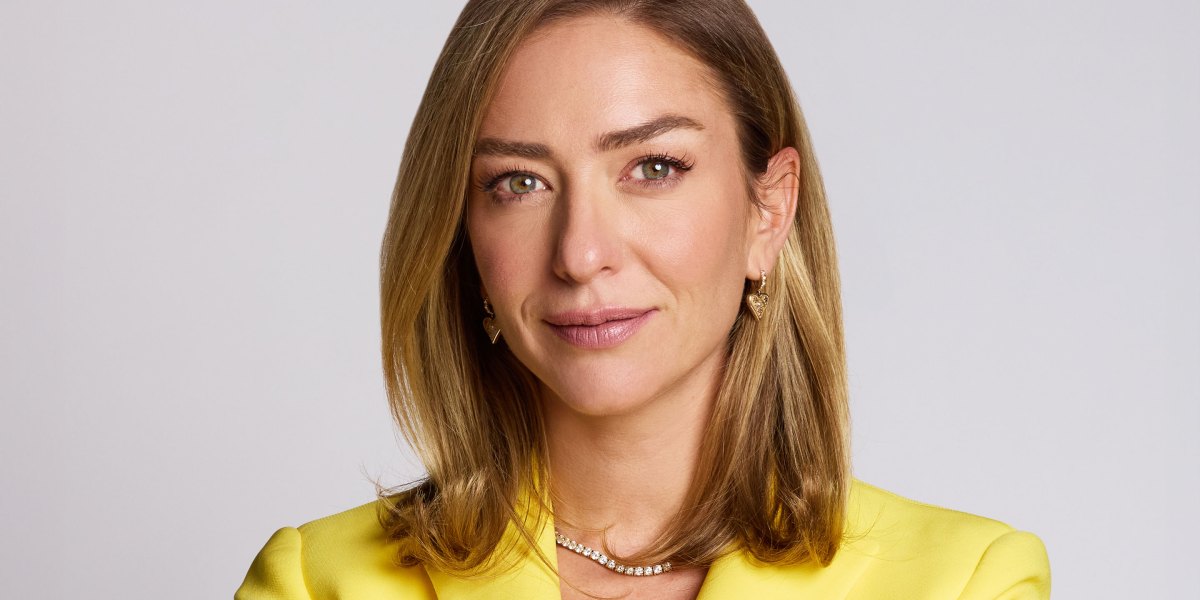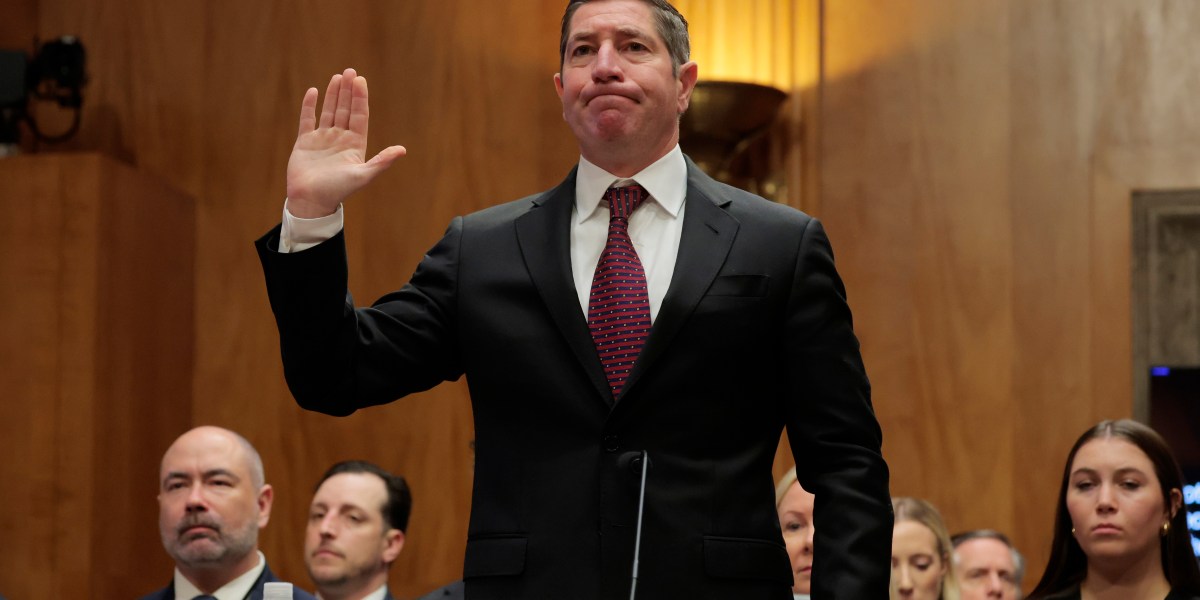Scott Kupor, the first hire at Silicon Valley venture capital powerhouse Andreessen Horowitz, is stepping away from active management of dozens of funds but maintaining passive stake in nearly 40 other firm funds, as the Senate weighs his nomination by Trump to lead the Office of Personnel Management.
Kupor will resign as managing partner from a16z, as the firm is known, and has already given up his managing member seat in 32 a16z funds, including several of the firm’s bio and seed funds, according to a letter he wrote to the OPM ethics official that was made public ahead of his confirmation hearing on Thursday. He will remain a passive investor in 38 other funds, according to the letter, though he will forfeit any carried interest that is unvested when he is appointed.
As part of his appointment, Kupor will also divest from positions in Microsoft, Apple, Adobe, Amazon, Lockheed Martin, and other companies, and resign from several board positions in a16z portfolio companies, including Formation Bio, a startup that uses AI to speed up drug development; Talkiatry, a psychiatric care startup; Pearl Health, a primary care organization software startup; and Foursquare, the geolocation and social networking company. He will also step off the board of Alice Walton’s Heartland Whole Health Institute, a non-profit organization founded by Walton in 2019 to rework the healthcare payment and health care delivery system, and the St. Jude Children’s Research Hospital.
Kupor is among several prominent Silicon Valley investors and entrepreneurs who have been tapped for roles in the Trump administration, along with AI and Crypto czar David Sacks of Craft Ventures, and Senior White House AI policy advisor Sriram Krishnan, who previously worked at a16z.
While federal ethics regulations via the Office of Government Ethics often require Cabinet appointees to divest from any companies with financial interests that either pose a conflict of interest or lead to the perception of one, some Trump picks, such as Tesla CEO Elon Musk, have kept their day jobs by working with the White House as “special government employees” who can only serve for 130 days.
Kupor declined to comment for this story. An a16z spokeswoman said that Kupor’s board seats will be covered by other people at the firm.
Thursday morning Kupor had his confirmation hearing with the U.S. Senate Committee on Homeland Security & Governmental Affairs, in which he testified to Republican and Democratic members and laid out his general plans and the approach he will take to the role.
Kupor was selected by Trump in December to lead the Office of Personnel Management. Kupor was the first hire of Marc Andreessen and Ben Horowitz in 2009, shortly after they set up the venture capital firm. Both investors had publicly supported and donated to Trump’s campaign in 2024, and, since the election, Andreessen has spent a significant amount of time at Mar-a-Lago, and Vice President J.D. Vance spoke at the firm’s American Dynamism Summit in D.C. in March.
Kupor’s hearing on Thursday became contentious at times, as Senators pressed Kupor to comment on the firings and cuts that have disrupted numerous federal agencies in the months since President Donald Trump has taken office. Kupor refrained from speaking about any of the terminations but repeatedly said that he believed it was important to treat federal employees in a way that “respects the dignity and humanity” of workers.
“I’ve been very clear in my written responses, in the conversations that we’ve had, that I think the process is one that requires transparency and communication, and we need to recognize and respect the humanity of the workforce,” Kupor said calmly during the hearing in response to questions.
In prepared statements to the Committee, Kupor emphasized his time at a16z and his role in building it from a 3-person $300 million fund to a 600-person $45 billion financial institution.
“Yes, I come from the private sector and, yes, I recognize that the government is not the private sector. Rightly so, the government may have different goals and objectives that should inform our thinking,” Kupor said. “But the fundamentals of organizational design are the same, whether in non-profits, the government or in the private sector. And this is where I believe that my professional experiences make me uniquely suited for this role.”
This story was originally featured on Fortune.com
Source link

 Entertainment8 years ago
Entertainment8 years ago
 Politics8 years ago
Politics8 years ago
 Entertainment8 years ago
Entertainment8 years ago
 Entertainment8 years ago
Entertainment8 years ago
 Tech8 years ago
Tech8 years ago
 Tech8 years ago
Tech8 years ago
 Tech8 years ago
Tech8 years ago
 Politics8 years ago
Politics8 years ago







